Principal Investigator
Qin (Maggie) Qi @maggieqigroup
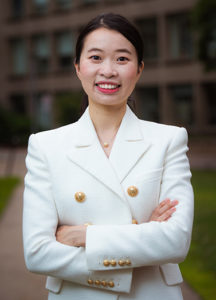
Ph.D., Stanford University, 2018
M.S., Stanford University, 2017
B.S., Cornell University, 2013
Dr. Qin (Maggie) Qi joined MIT’s department of chemical engineering as the James R. Mares ’24 Career Development Chair Assistant Professor in Chemical Engineering in January 2022. Her research applies fundamental principles of complex fluids and soft matter to develop precision medicine for human health. She obtained her bachelor’s degree in chemical engineering and operations research at Cornell University in 2013. She received her Ph.D. in chemical engineering with Prof. Eric Shaqfeh at Stanford University in 2018, where she developed a diagnostic model of platelet adhesion and bleeding based on a microhydrodynamic theory of cellular suspensions. She conducted postdoctoral research with Prof. Samir Mitragotri in the Wyss Institute of Biologically Inspired Engineering and the School of Engineering and Applied Sciences at Harvard University. There she explored the use of macromolecular transport mechanisms for drug delivery and tool development, including transdermal delivery enhanced by ionic liquids and subcutaneous injection tested by an organ-on-a-chip approach. She is a recipient of the NSF CAREER award, a member of the inaugural class of MIT Rising Stars in Chemical Engineering and a mentor for the Texas A&M Science Influencers program.
Curriculum Vitae | Chemical Engineering Faculty Profile
Other affiliations:
Multi-cellular engineered living systems (M-CELS) at MIT
Postdocs
Xi Liu
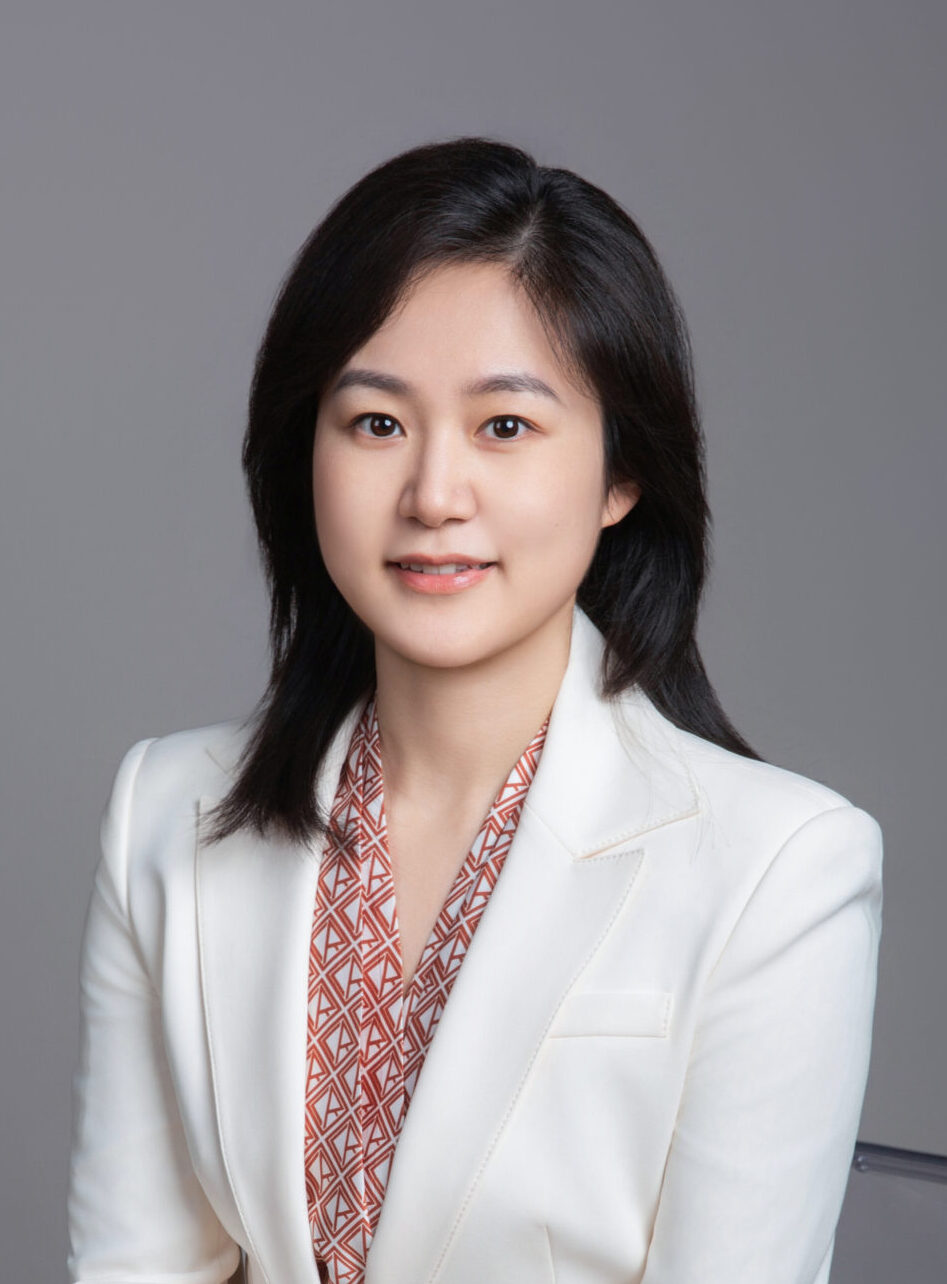
Xi Liu is a physician-scientist with a strong background in clinical ophthalmology and translational biomedical research. She obtained her M.D. from Fudan University in China through the 8-year clinical medicine program. Following her graduation, she joined the Department of Ophthalmology at Beijing Children’s Hospital, where she worked as a resident and later as an attending physician. Her clinical and research interests span pediatric eye diseases, glaucoma. In her early postdoctoral training at the Tsinghua–UC Berkeley Joint Program, she focused on bioimaging technologies for ophthalmic applications. She has led and contributed to several interdisciplinary research projects involving polarized light imaging, Mueller matrix microscopy, and machine learning-based tissue analysis. Her work has been published in journals such as Nature Communications, Molecular Vision, and ACS Applied Materials & Interfaces. Xi is currently a postdoctoral associate in the Qi Lab at MIT, where she is applying microphysiological systems to study ocular disease modeling and cell–barrier interactions. Her research includes the development of stem cell–derived organoid-on-chip platforms to better recapitulate the complexity of ocular tissues in vitro. Her long-term goal is to integrate clinical insight with advanced bioengineering tools to enable personalized diagnostics and therapeutics in ophthalmology.
Young Jin Lee
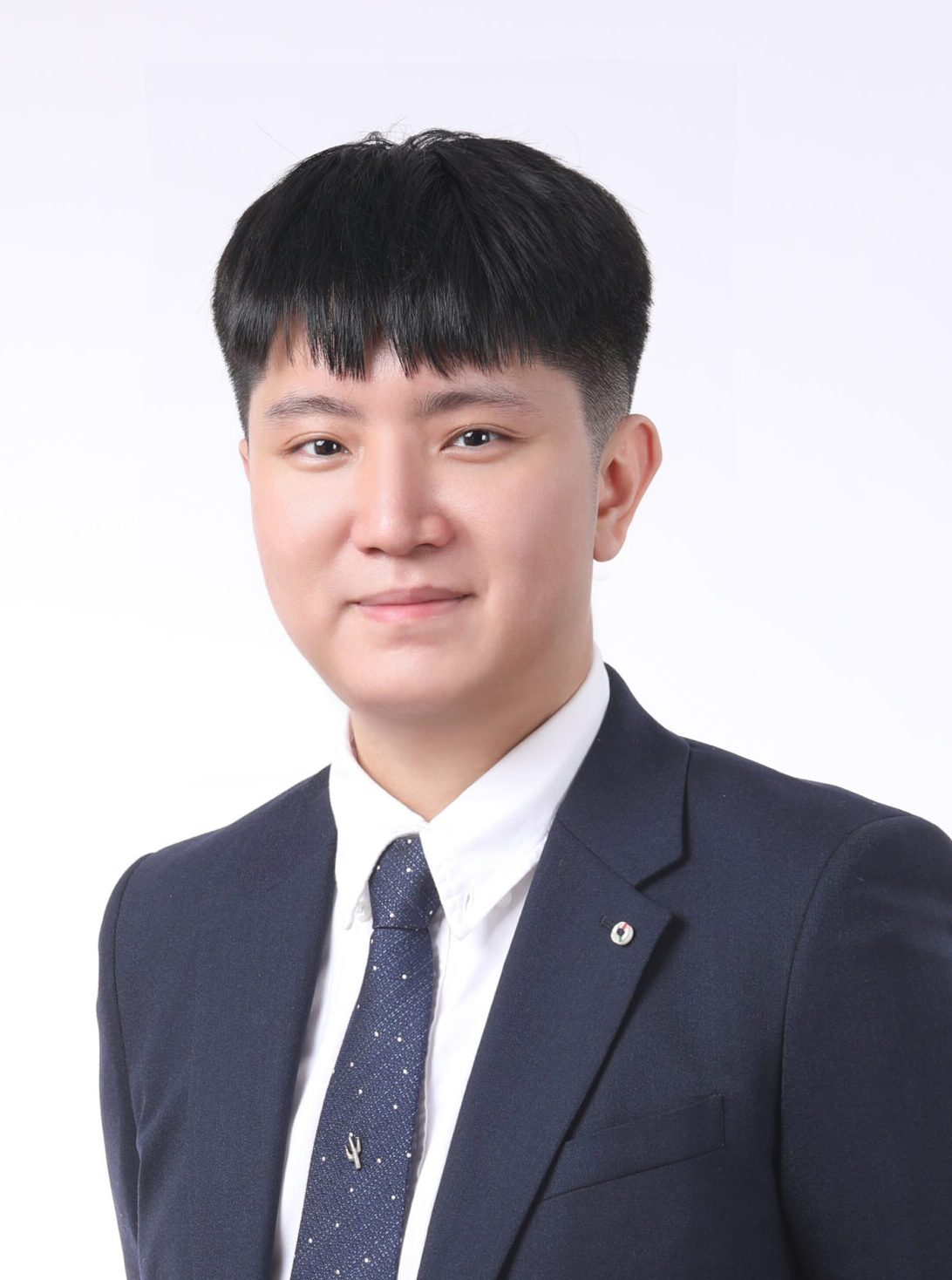
B.S., Pohang University of Science and Technology, 2018
Ph.D., Seoul National University, 2024
Postdoctoral Associate, Massachusetts Institute of Technology, 2025–present
Young Jin leverages multiscale simulation and machine‑learning techniques to unravel the hidden physics governing rheology, soft matter, and complex fluids. During his Ph.D. at Seoul National University, he addressed industrially relevant problems across multiple length scales: macroscopic simulations clarified stress patterns arising from particulate clogging in microchannels; mesoscopic simulations captured aging phenomena in battery slurries; and microscopic simulations probed singularities developing in viscoelastic fluids. Now, in Professor Qi’s group, he is turning these skills toward biochemical systems, investigating how specific functional groups dictate ionic clustering and gel formation in ionic liquids, and how nanoparticle surface chemistry controls penetration across cell membranes. Outside the lab, Young Jin enjoys listening to classical music—drawing on his experience as a piano soloist and violinist with the POSTECH Orchestra—seeking out spicy cuisine in Cambridge, and studying history and archaeology.
Shu Yang
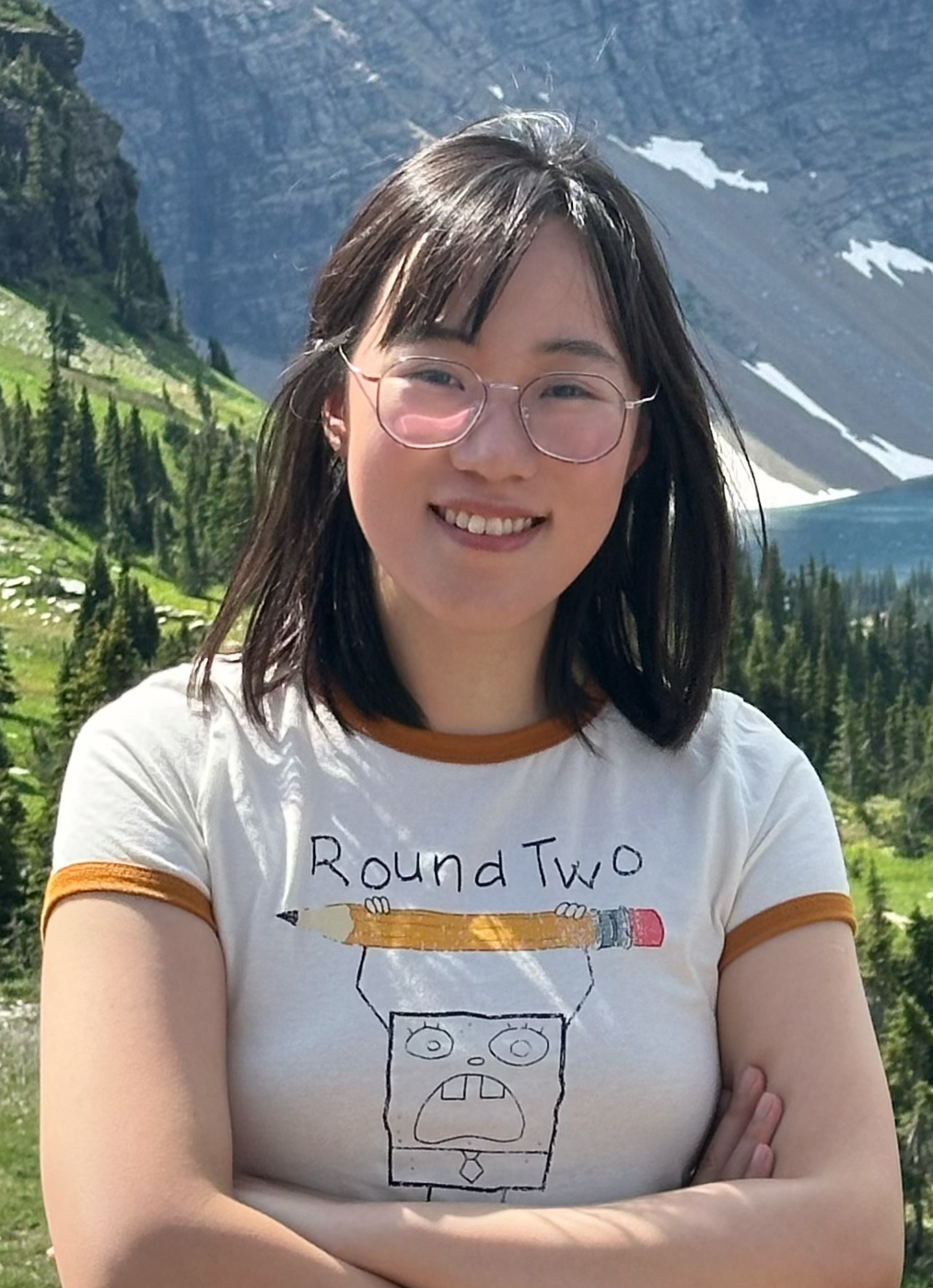
B.S., Xi’an Jiaotong University, 2020
Ph.D., University of Minnesota–Twin Cities, 2025
Postdoctoral Associate, Massachusetts Institute of Technology, 2025–present
Shu Yang combines fluid mechanics, interfacial and colloid science, and computational modeling to uncover the physical principles that govern transport in complex fluids. During her Ph.D. in Mechanical Engineering at the University of Minnesota, she developed multiscale models of thin films and microdroplets, integrating adsorption, diffusion, and reaction kinetics to elucidate interfacial processes in soft matter and atmospheric chemistry. Now, as a Postdoctoral Associate in Professor Qi’s group at MIT, Shu is applying these approaches to biophysical systems, investigating how white blood cells migrate across vascular barriers and how nanoparticle conjugation influences their mechanics and drug delivery potential. Her work bridges multiscale modeling with biomedical applications, aiming to optimize nanoparticle-based immunotherapies. Outside the lab, Shu enjoys hiking, camping, and outdoor exploration, as well as painting, cooking, and discovering new cuisines.
Graduate Students

Andrea Goertzen
Graduate StudentB.Eng (Chemical Engineering), University of Nebraska, 2023. Andrea Goertzen joined the Qi Lab in January 2024 where she focuses on developing retina-on-a-chip models to better understand disease and potential therapeutic strategies. Prior to MIT, she earned her bachelor’s degree in Chemical Engineering from the University of Nebraska in 2023. During her undergraduate career, she worked with Professor Rajib Saha to build computational metabolic models of healthy and diseased cells to identify targets for treatment. She enjoys spending time in the outdoors and is passionate about engineering outreach. agoertz@mit.edu
Undergraduates

Kevin Liu
Undergraduate Studentkliu963@mit.edu

Michaela Sinclair
Undergraduate Studentmta125@mit.edu
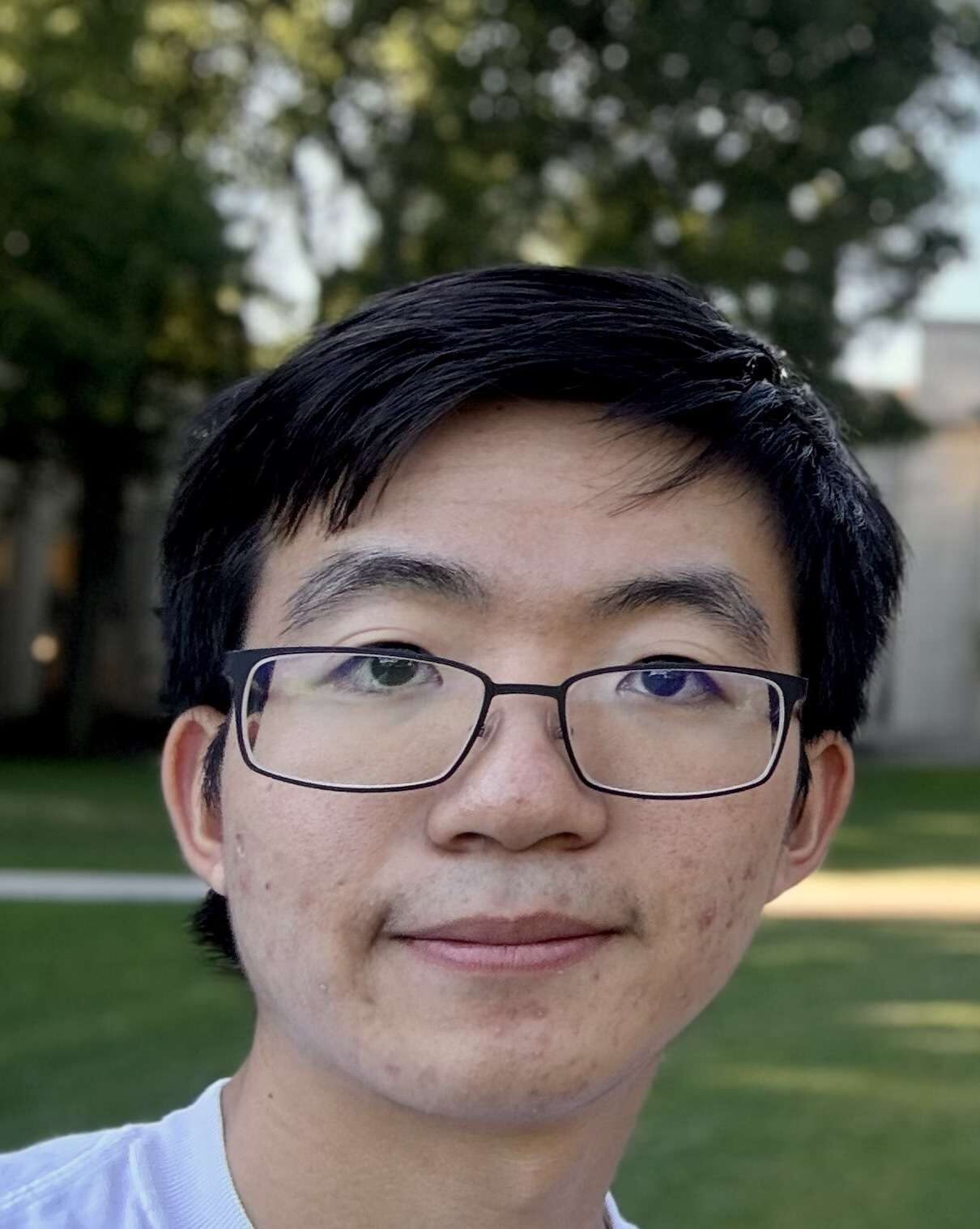
Anthony Lin
Undergraduate Studentlin_a@mit.edu
Alumni

Duha Syar
Undergraduate StudentNow PhD at UC Berkeley.

Krishnapriya Rajaram
Undergraduate Studentprajaram@mit.edu

Ananth P. Shyamal
Undergraduate Student
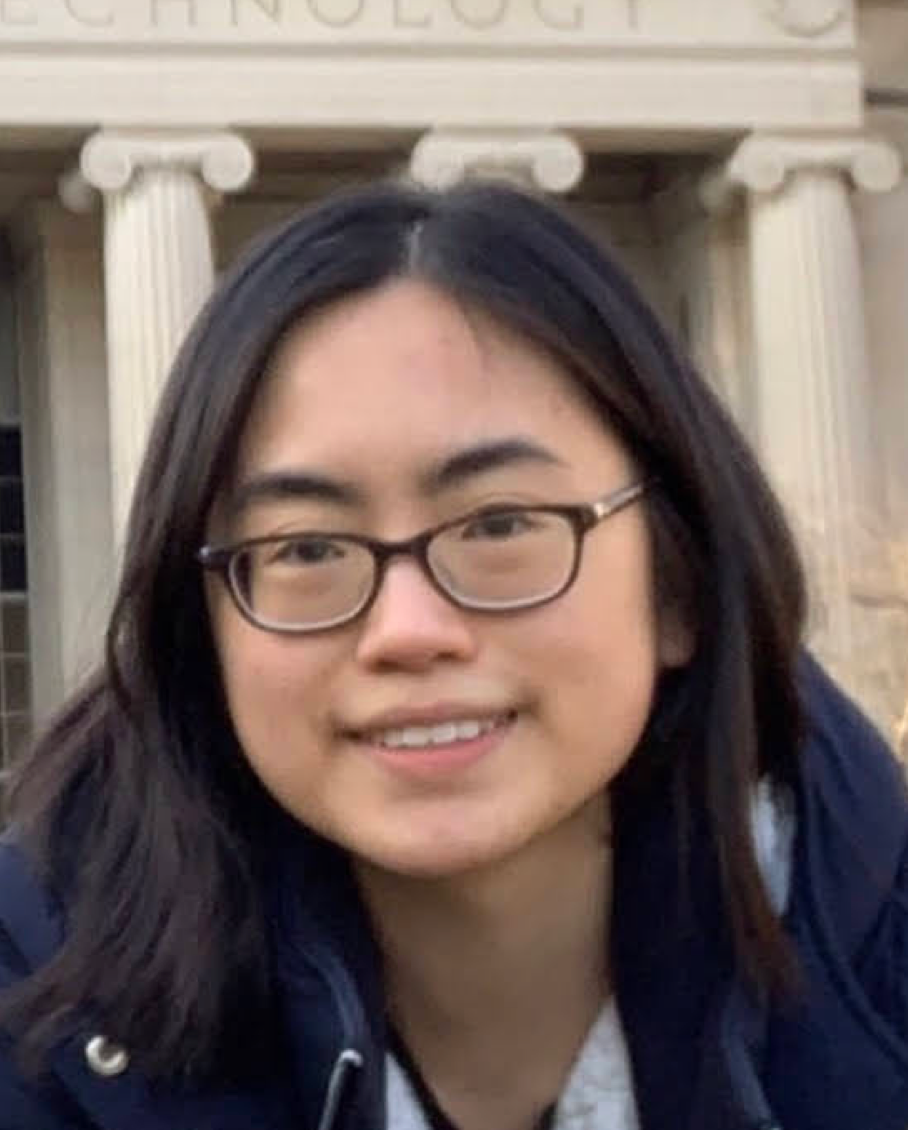
Hong Nguyen
Undergraduate Studenthongn@mit.edu
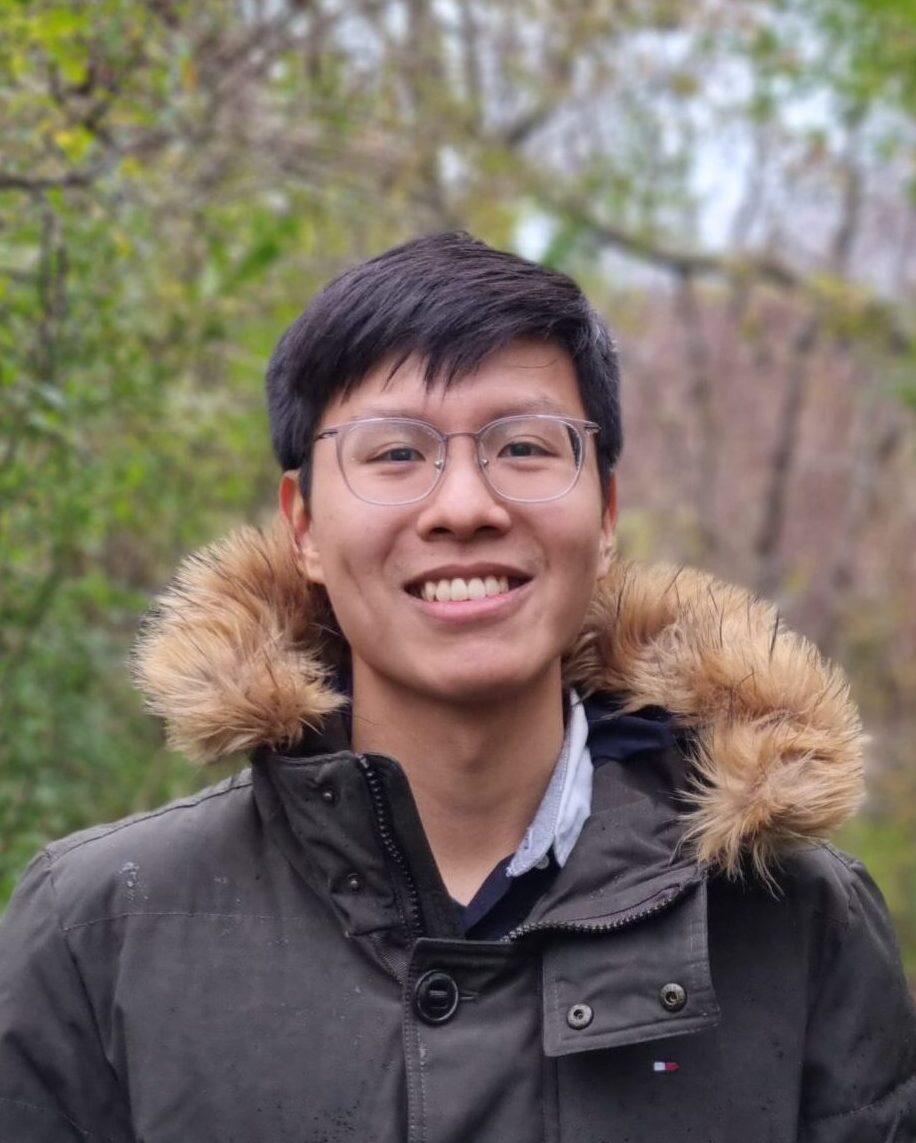
Nicholas King
Graduate Studentgxking@mit.edu
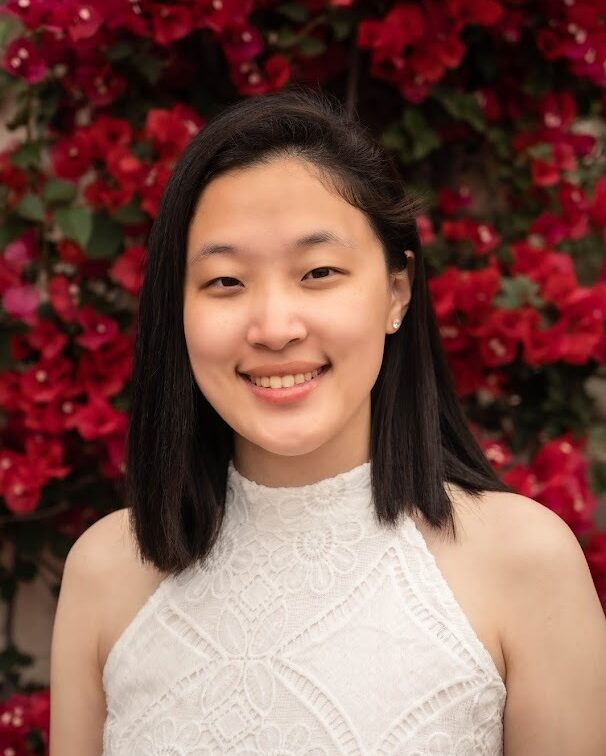
Eunice Park
Technical Associate
Etienne Boulais
Postdoctoral Associate
Isaac Pincus
Postdoctoral Associate
Efstathios Iliakis
Graduate Student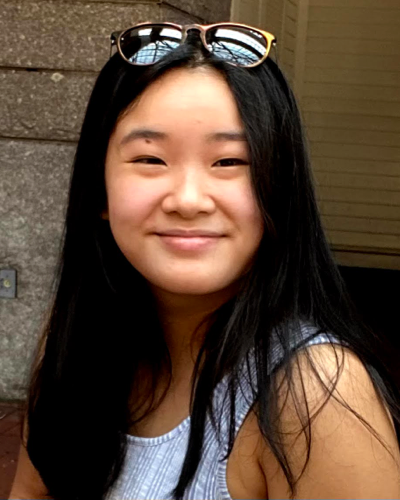
Fiona Duong
Undergraduate Student